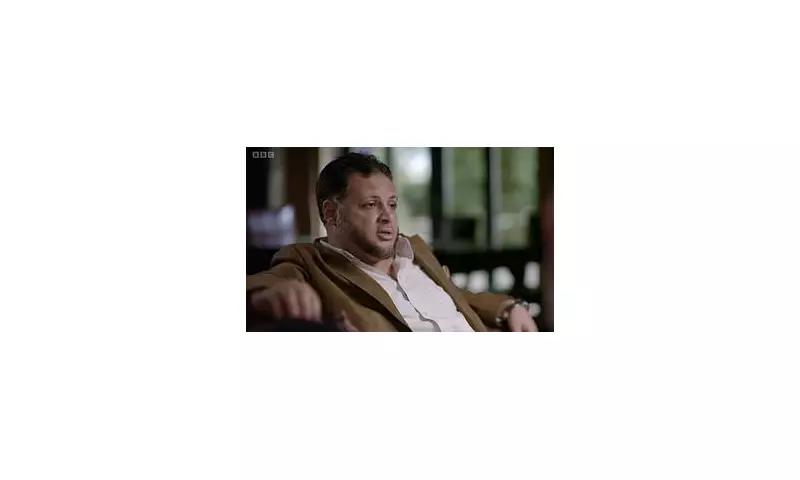
An NHS consultant surgeon, who made the courageous decision to volunteer in a major Gaza hospital, has provided a chilling first-hand account of the catastrophic conditions faced by medical staff and patients amidst relentless conflict.
A Descent into a Medical Nightmare
The surgeon, who normally works within the safety of the UK's National Health Service, described arriving at a scene of utter devastation. The hospital, once a functioning medical centre, was operating far beyond its capacity, with corridors overflowing with the wounded and scarce resources stretched to breaking point.
"It was a complete collapse of the healthcare system," the surgeon recounted. "We were dealing with injuries of a severity and scale that you simply never see in a modern hospital setting."
Operating Under Fire
The medical team was forced to work under constant threat. The sounds of bombardment were ever-present, and the facility itself was not spared from damage. Power cuts were frequent, plunging operating theatres into darkness and forcing surgeons to rely on phone torches to complete life-saving procedures.
- Severe Triage Decisions: With limited supplies, doctors faced the heart-wrenching task of prioritising which patients had the best chance of survival, a practice known as crisis triage.
- Improvised Medicine: Lack of basic equipment and anaesthesia led to harrowing scenes where complex surgeries, including amputations, were performed under unimaginable conditions.
- The Human Cost: The surgeon spoke of the immense psychological toll on local healthcare workers, many of whom had lost colleagues, family members, and their own homes, yet continued to report for duty.
The Indelible Mark on an NHS Professional
Returning to the UK, the surgeon carries the weight of the experience. The contrast between the well-resourced NHS and the reality in Gaza is stark. The account serves as a powerful testament to the bravery of healthcare workers in conflict zones and a sobering reminder of the human cost of war.
This exclusive insight highlights the urgent need for humanitarian aid and the protection of medical facilities, as called for by international organisations.





